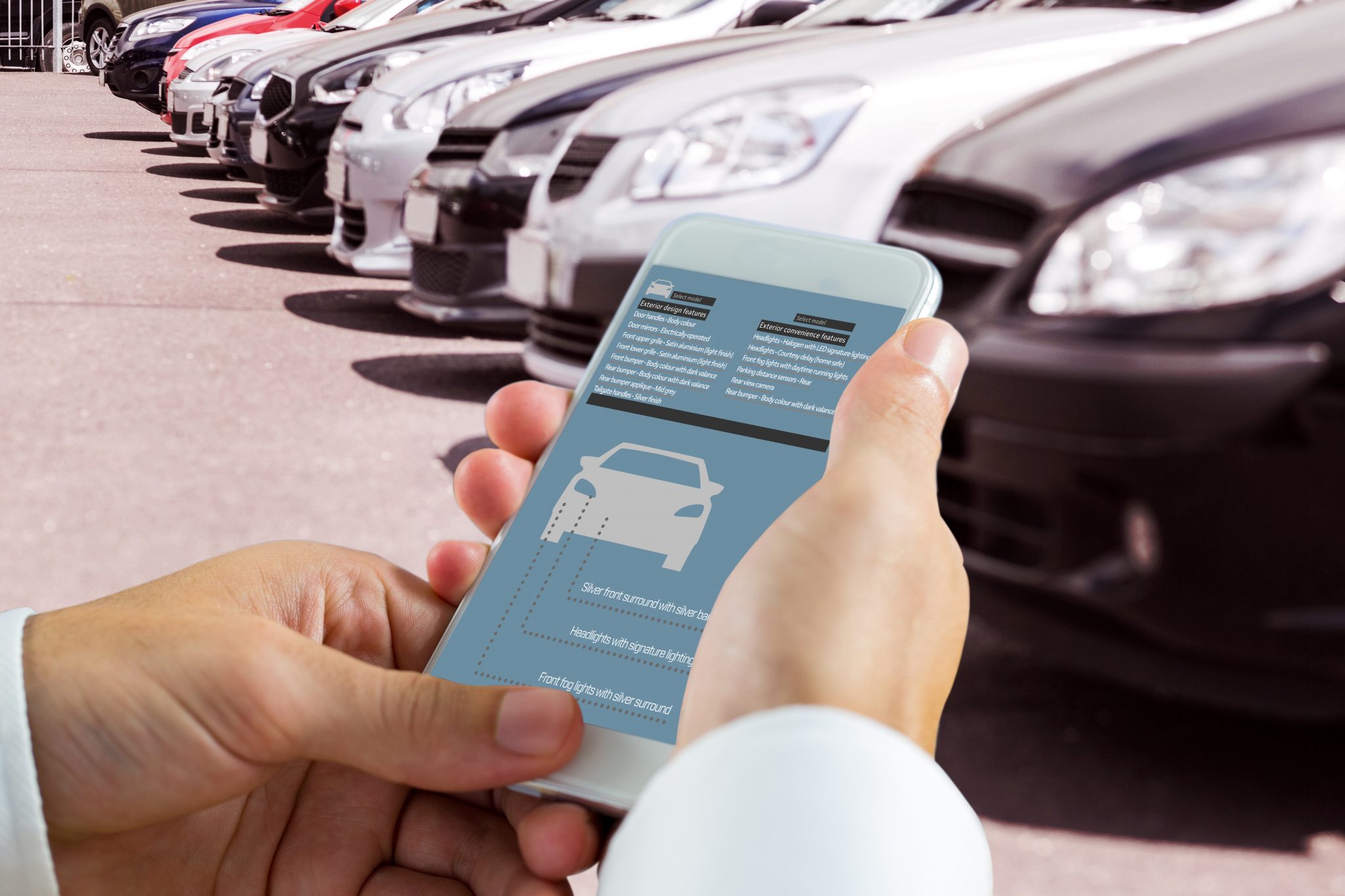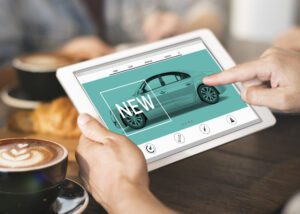It is necessary for every business in every industry to invest in digital advances and upgrades in order to stay afloat these days. The automotive industry is no different, and with so many different tools available for consumers to use in their searches for vehicles, it is crucial for dealerships to utilize technological advances to make sure they are getting the most business possible.
A September 18, 2018 publication from Deloitte Insights provided a detailed look of how impactful digital technologies really are to the automotive industry. Deloitte conducted an analysis of how consumers are influenced by various methods of information-sharing by dealerships and how people from different generations rely on certain resources and advertising trends.
Starting at the basics of the digital marketing field, Deloitte stressed the importance of a dealership’s website. The study found that 36% of car shoppers felt like the dealerships’ websites had the highest impact on them when choosing which one to visit. This makes sense, because browsing a website that is slow, incomplete, uninformative, outdated, or hard-to-navigate usually deters users from staying on it.
Other factors that were the most influential to respondents included friends and family, safety-related websites, and manufacturer websites.
Dealerships have begun making use of technology that was once unthought-of. For example, Deloitte noted that some dealerships use virtual reality showrooms to improve the car buying experience for consumers. Of course, this mostly appeals to younger shoppers as opposed to older, more traditional car buyers. Mike Esposito of Auto/Mate also detailed the increasing use of mobile tablets in the service, sales, and finance sectors of dealerships, which Deloitte found is also mainly popular among Generations Y and Z.
Another piece of technology Deloitte made note of is e-signatures. When imagining the car buying process, many people think of the extensive amount of time spent in an office signing paperwork and agreeing to a plethora of terms and conditions that eventually just seem like a blur. A Providers & Administrators article indicated that dealerships could benefit from e-signing because it can “optimize their remittance procedures and make it easier for F&I managers to complete the sale.”
As one might expect, there was a remarkable difference between generations when it came to digital advertising. Compared to older respondents, younger generations took a much higher liking to mobile devices and interactive technologies. Overall, however, 90% of individuals agreed that they like to actually view the car and “physically interact” with it before making a decision to buy it.
Despite brick-and-mortar retail stores and shopping malls shutting down because of online retailers, the good news for auto dealerships is that they probably aren’t going away anytime soon. Deloitte found that even though 60% of respondents indicated they are “interested” in the possibility of buying a car completely online in the future, the majority of individuals from all generations agreed that speaking to a salesperson is the best way to get information, followed by printed advertisements such as brochures.


Overall, Deloitte’s publication suggests that it will be critical for dealerships to determine what digital technology consumers find beneficial while also considering the fact that most of them still prefer an in-person experience.
Sam Williams of Inside Tucson Business referred to the cliché that states “the sales experience consumers most hate is buying a car,” so dealerships need to go back to the drawing board and determine what consumers want and how they respond to different forms of marketing so that they can implement the most beneficial technology and improve the experience of car buying.









